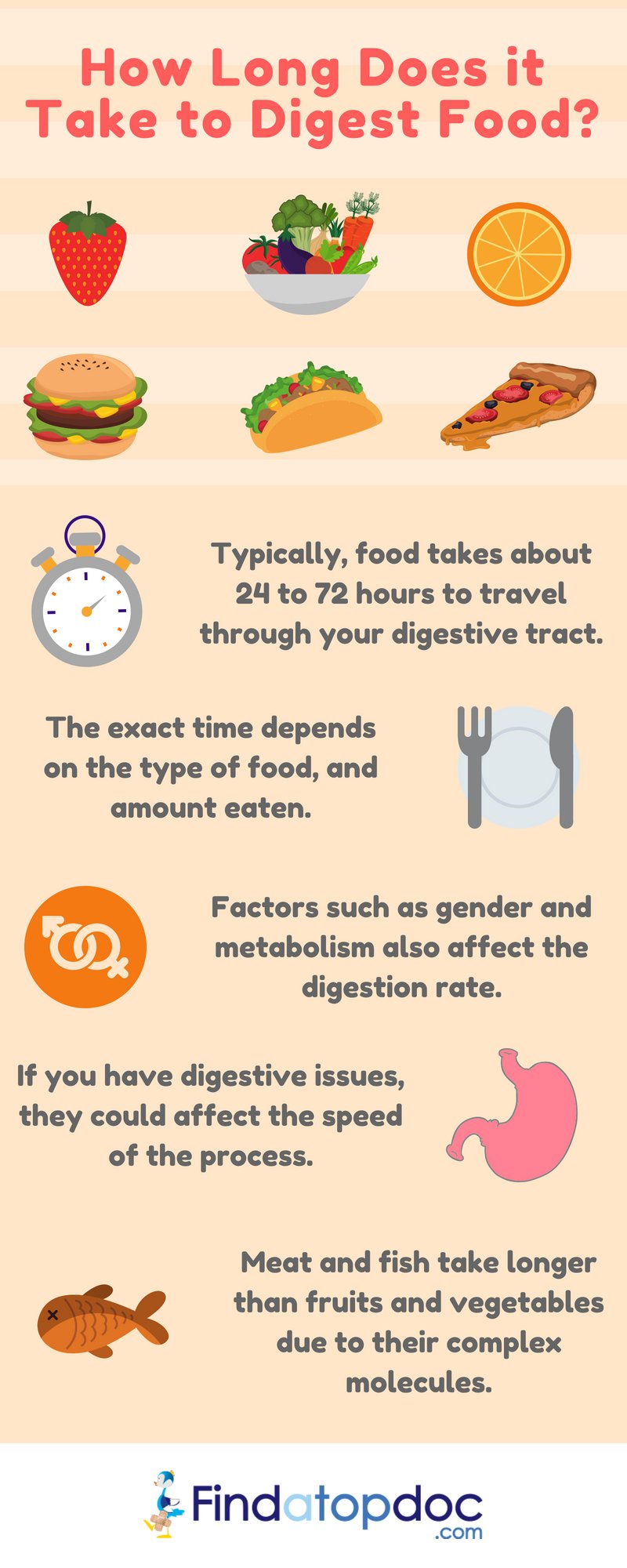

Understanding How Long Does Pasta Take To Digest: A Comprehensive Guide
Pasta typically takes about 2 hours to digest in the human body. Digestion begins as soon as you start chewing and continues in the stomach and small intestine. The process breaks down the carbohydrates in pasta into simple sugars for the body to absorb and use as energy. Factors like the type of pasta, cooking method, and individual digestion speed can affect how long it takes to fully process pasta. Understanding how long does pasta take to digest can help optimize meal timing and promote better digestion.
How Long Does Pasta Take to Digest?
Do you ever wonder what happens to the delicious pasta you enjoy eating? Have you ever thought about how long it takes for your body to break down and digest all those yummy noodles? In this blog post, we will explore the fascinating journey of pasta through your digestive system and answer the age-old question: How long does pasta take to digest?
The Digestive Process Explained
Before we dive into the specifics of how long it takes to digest pasta, let’s first understand the basics of the digestive process. When you eat food, it goes on an exciting journey through your body to be broken down into nutrients that your body can use for energy and growth.
The digestive system is like a series of tubes and organs working together to process the food you eat. It starts in your mouth, where you chew your food into smaller pieces, mixing it with saliva that contains enzymes to begin breaking down carbohydrates. From there, the food travels down your esophagus and into your stomach, where it mixes with stomach acid and enzymes for further breakdown.
Breaking Down Pasta
Now, let’s focus on pasta specifically. Pasta is a type of carbohydrate-rich food made from wheat flour and water. When you eat pasta, your body starts the process of breaking it down almost immediately.
In the stomach, pasta is mixed with stomach acid and digestive enzymes that start breaking down the carbohydrates into smaller molecules. The process continues in the small intestine, where more enzymes work to further break down the pasta into glucose, which is then absorbed into the bloodstream to provide your body with energy.
Factors Affecting Digestion Time
Several factors can influence how long it takes for pasta to be fully digested by your body. One of the most significant factors is the type of pasta you eat. Whole wheat pasta, for example, contains more fiber than white pasta, which can slow down the digestion process.
The size of the pasta pieces you eat also plays a role. Larger pieces of pasta may take longer to break down compared to smaller pieces. Additionally, the presence of fat or protein in your meal can affect the overall digestion time.
Fiber Content
Fiber is an essential component of pasta that can impact digestion time. Fiber-rich foods take longer to digest because the body cannot break down fiber completely. This can help you feel full longer and can also slow down the absorption of glucose into the bloodstream.
Protein and Fat
Proteins and fats in your pasta dish can also affect how long it takes to digest. Protein and fat are more complex molecules that require additional time and energy to break down compared to carbohydrates. Including protein and fat in your pasta meal can slow down the digestion process.
Estimating Digestion Time
While the exact time it takes for pasta to digest can vary from person to person, a general estimate is that it takes about 6-8 hours for your body to fully digest a pasta meal. However, this timeframe can be influenced by factors such as your overall health, metabolism, and the specific ingredients in your pasta dish.
It’s essential to listen to your body and pay attention to how you feel after eating pasta. If you experience discomfort, bloating, or other digestive issues, it may be a sign that your body is taking longer to digest the pasta.
In conclusion, pasta, like any other food, takes time to digest in your body. The process of breaking down pasta into nutrients that your body can use is a fascinating journey that involves multiple organs and enzymes working together to extract energy from your meal.
Next time you sit down to enjoy a plate of pasta, remember that your body is hard at work digesting and utilizing those delicious noodles. Pay attention to how you feel after eating pasta, and make choices that support your digestive health. And now you know – it takes about 6-8 hours for pasta to fully digest in your body!
How long does it take for pasta to be digested in your stomach?
Frequently Asked Questions
How does the digestion process of pasta work in the body?
When you consume pasta, the process of digestion begins in the mouth, where enzymes in saliva start breaking down the carbohydrates. As pasta moves to the stomach, it gets mixed with gastric juices that further break it down. The small intestine then absorbs the nutrients from the pasta, while the waste is passed to the colon for elimination.
What factors can influence the digestion time of pasta?
The time it takes for pasta to digest can vary depending on factors such as the type of pasta (whole grain, white), cooking method (al dente, well-cooked), individual metabolism, and what other foods are consumed along with the pasta. Fiber content and fat content in the pasta can also affect digestion time.
Is pasta typically considered a slow-digesting or fast-digesting food?
Pasta is generally considered a slow-digesting food due to its complex carbohydrate structure. The presence of fiber in whole wheat pasta can further slow down the digestion process. This slow digestion can help in providing a steady release of energy over a longer period, making pasta a good source of sustained energy.
Final Thoughts
Pasta typically takes around 4-6 hours to digest fully. Factors like type of pasta, cooking method, and individual metabolism can affect digestion time. In general, pasta is a good source of carbohydrates and provides sustained energy. Understanding how long pasta takes to digest can help in planning meals for optimal energy levels throughout the day.


